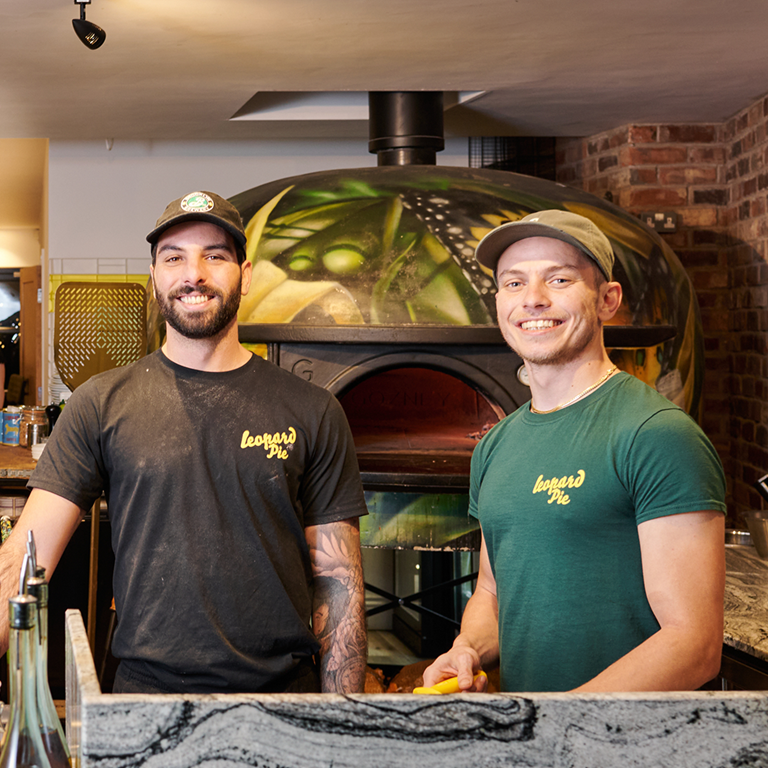If you're interested in running a pub business, it can be very rewarding. But you'll need to be prepared for hard work, and make sure you've got the right licences to legally run your business. This guide goes over the different kinds of pub licence you'll need, as well as some additional useful information.
Pre-entry Training
Pre-entry Awareness Training (PEAT) is required by law, and will prepare anyone considering a pub tenancy with the knowledge they need to understand what they’re getting into. Once you’ve completed this training, you’ll have a foundation in business planning and pub management.
How to Get a Pub Licence
Every business that intends to supply or sell alcohol has to have the appropriate licence. For pubs, there are two licences that you need. A premises licence is required to sell alcohol and provide entertainment,1 while the landlord needs a personal licence2 for which they need appropriate qualifications and a DBS criminal records check.
Please be aware the following information is relevant to England and Wales, and the information as well as licensing objectives may differ for those based in Northern Ireland and Scotland. You can visit your local authority via the Gov.UK site.3
Personal Licence
You must have someone on the premises with a personal licence in order to sell alcohol. This person will be named the Designated Premises Supervisor (DSP), and will be able to act as a valid DSP for any venue with a premises licence.2 Before applying to your local council or local licensing authority for a personal licence you must understand the Licensing Act of 2003 and hold a relevant licensing qualification, such as the NIIA level 2 Award for Personal Licence Holders. There’s a list of accredited qualifications here.
Through these qualifications, you should be able to demonstrate that you are of a good character and can sell alcohol responsibly. You should also be able to demonstrate understanding of your responsibility with regards to the protection of children, the prevention of public nuisance, and of crime and disorder.2 You’ll need to let the licensing authority know if your name or address changes, or if you’re convicted of any “relevant offences”, including serious crime, drugs or sex offences.2
Premises Licence
You’ll also need a premises licence which authorises you to sell alcohol and perform other licensed premises activities, such as public entertainment and selling hot food and drinks after 5pm, from your venue.1 You’ll need to be, or have appointed, a DPS in order to apply for the premises licence. However, if you’re buying the pub from someone else then they may transfer their licence to you.
You’ll need to provide your details, as well as details of the DPS (if different), a detailed plan of the premises and a schedule outlining what time licensed activities will occur.1
You must display your licence where it can be seen, and if you fail to produce it upon request you may be fined £1,000. To apply for either licence you must be over the age of 18 and able to prove that you’re eligible to live and work in the UK. Your licence will remain valid unless revoked, or unless otherwise specified.1
An exception to the above is member clubs. They can operate under a club premises certificate rather than premises licences. This means they may not need a DPS or personal licence holder.4
How Much is a Pub Licence?
Personal licences cost £37 and must be held by someone with responsibility for the day-to-day running of your business. The cost of a premises licence will depend on the type of venue, but ranges between £100 and £1,905, and there’s a yearly fee.1
Other Pub Licences you May Need
If you want to extend your offering from the sale of alcohol to food, then you'll also need to register with the Food Standards Authority at least 28 days before you start trading. This is free, but it is a legal requirement. The FSA can also help you with food safety, how to sell, store and prepare food products, risk assessments and allergen management.
If you want to play music in your pub, you may need a licence for this as well. If you play royalty-free music, you won't need a licence, but for any other kind of live or recorded music, you will need to get ‘TheMusicLicence’ from PPL PRS.5 If you plan on screening Premier League Football you’ll also need to ensure you use an authorised supplier such as Sky or BT.
What Else do you Need to Run a Pub?
In addition to the legal requirements you need to set up and run a pub, as a public business you'll also need to have some pub insurance. You should also consider loss of licence insurance. Find out more about running your own pub here.
Real-world insight that we don't share anywhere else
Get access to exclusive help, advice and support, delivered straight to your inbox.
You Could Save Over 30%*
Contact our team to receive a no obligation, instant quote today.
* Please click here to view our pricing disclaimer.
You Could Save Over 30%*


